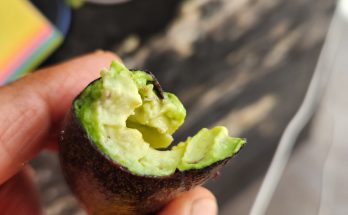By Diana Hoogesteger
Carbon credits are a method of offsetting carbon dioxide (CO2) emissions. They allow both companies and individuals to reduce the impact of their carbon footprint.
Initially proposed in the Kyoto Protocol in 1997, carbon credits are a mechanism for combating climate change. They represent the removal of one tonne of carbon dioxide (tnCO2eq) from the Earth’s atmosphere.
Carbon offset projects capture or prevent greenhouse gases (GHGs) from being emitted into the atmosphere. Their main objective is to contribute to mitigating the causes of climate change.
Companies can access the purchase of carbon credits to offset the emissions associated with their production processes. A carbon-neutral company has a net balance of emissions equal to zero. In other words, it emits the same amount of GHGs as it offsets.
These international standards follow the protocols and agreements specified to mitigate climate change internationally.
In Mexico, SEMARNAT (Secretaría de Medio Ambiente y Recursos Naturales) is in charge of publishing the rules for the «emissions trading» system, and, as it says, this international agreement is also a «trade.»
In the State of Querétaro, a new law recently passed to compensate for carbon emissions requires the polluter to pay mandatory carbon credits to an «Emissions Compensation Fund.» This fund is contributed to by civil society (where every car owner pays), and all industries and companies for their carbon emissions, including municipal and state government emissions (leading by example). The money collected becomes payments to ejidatarios or landowners who commit to caring for and restoring their forests.
To do so, they need to avoid any form of logging and remove livestock from their forests. In addition, they commit to being part of brigades to prevent and fight forest fires in their region. These payments pay them better than traditional cattle ranching and logging in the forests while creating new conservation areas.
Throughout the country, forests and natural reserves continue to be plundered by legal and illegal logging and free-ranging cattle ranching practices. In Sierra de Santa Rosa, logging for charcoal production continues to be a major problem, as is logging for timber in most of the country’s forests.
Querétaro’s example is worthy of replication in all the country’s states. Following it, we would achieve the authentic preservation of our forest biodiversity and a decent standard of living for the inhabitants of these regions. Remember that a healthy forest requires biodiversity, living soils, and vegetation at all three levels (ground cover, shrubs, and trees. In addition to sequestering carbon, it retains surface water for springs, rivers, and life on Earth.
It will be a win-win for everyone because, besides rewarding small landowners, ejidatarios, or communal owners for caring, we will also be educating (as happens in Querétaro) about the natural cycles of carbon and water, which sustain life. We will accompany them in the understanding and activity of helping nature to restore itself.
By taking care of the forests and their diversity, we also care for ourselves because without their «environmental services,» life will end.




